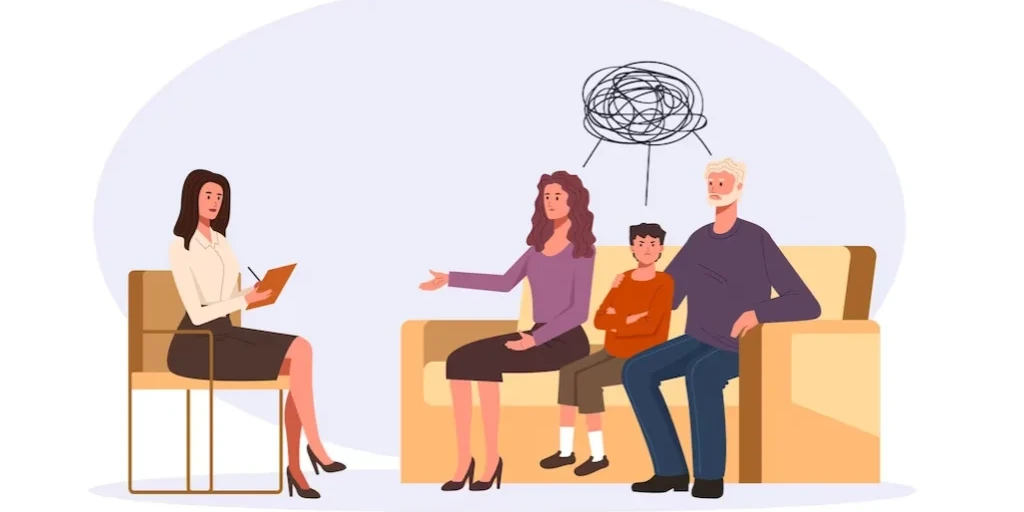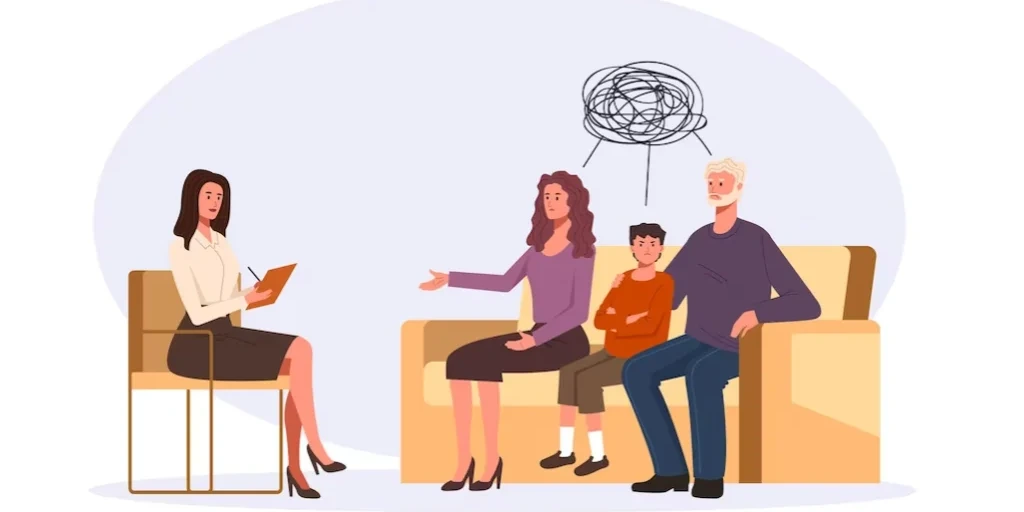24/7 Helpline:
(866) 899-221924/7 Helpline:
(866) 899-2219
Learn more about Individual Therapy centers in Media
Other Categories in Media

Other Insurance Options

Providence

UMR

Covered California

Holman Group

Coventry Health Care

ComPsych

WellCare Health Plans

Amerigroup

Ambetter

GEHA

WellPoint

Access to Recovery (ATR) Voucher

Magellan

Multiplan

Optima

Carleon

Horizon Healthcare Service
Beacon

Aetna

Highmark

Focus Psychological Associates
Focus Psychological Associates offers outpatient treatment for individuals with alcohol and/or subst...

Family and Community Services
Family and Community Services is a private rehab located in Media, Pennsylvania. Family and Communit...

Providence Treatment
Providence Treatment offers outpatient and inpatient treatment for individuals with alcohol and/or s...
























County Seat Behavioral Health
County Seat Behavioral Health is a private rehab located in Media, PA. County Seat Behavioral Health...

Rehab After Work
Rehab After Work is a licensed intensive outpatient drug and alcohol treatment program which has bee...

Chimes – Holcomb Behavioral Health Systems
Chimes - Holcomb Behavioral Health Systems provides services for children and adults who may be deal...








